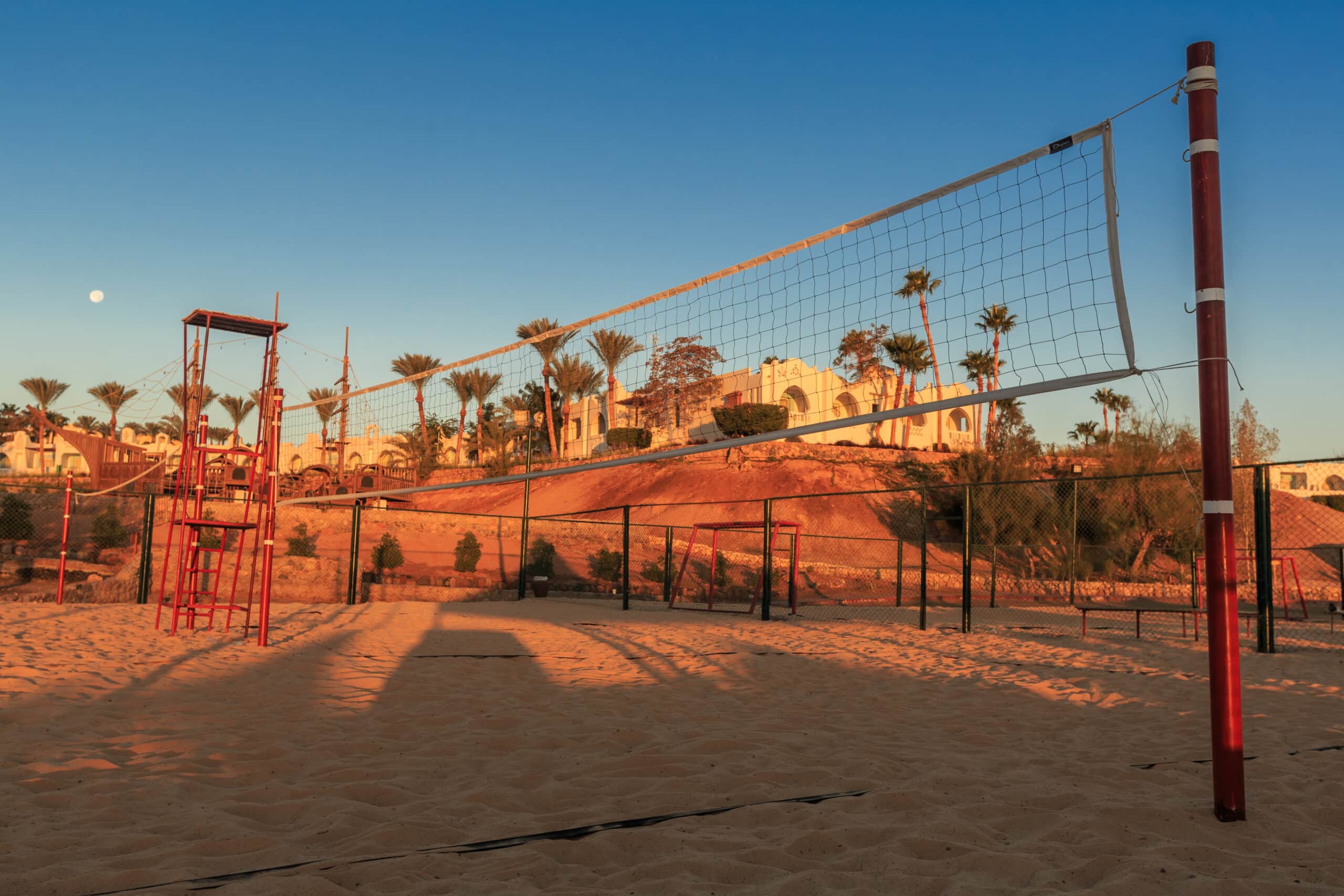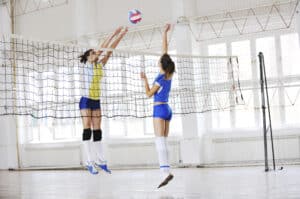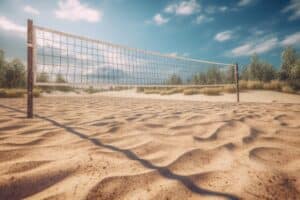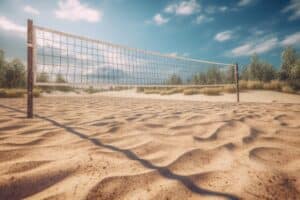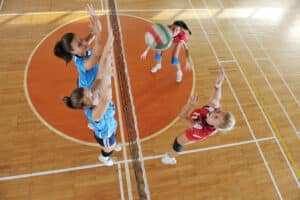Can You Use Masonry Sand for a Volleyball Court?
Key Takeaways
- Masonry sand can provide a smooth playing surface for volleyball, allowing for better control and precision during the game.
- Masonry sand tends to compact too densely, affecting the flow and movement of the sand and potentially increasing the risk of injuries.
- There are other options, such as commercial volleyball sand, that are specifically engineered for volleyball courts and provide optimal playing conditions and reduced risks.
When it comes to building a volleyball court, one of the crucial decisions is choosing the right type of sand. Sand is not just a base for the court; it directly affects the gameplay, performance, and safety of the players. One common question that arises is whether masonry sand is suitable for a volleyball court. In this article, we will explore the pros and cons of using masonry sand for a volleyball court and provide you with a comprehensive answer.
The Pros of Using Masonry Sand
Masonry sand is known for its very fine texture, which can provide a smooth playing surface for volleyball. The fine particles of masonry sand allow the ball to move more freely, facilitating better control and precision during the game. This can enhance the overall playing experience and allow players to execute various techniques with ease.
The Cons of Using Masonry Sand
While masonry sand may have some advantages, it also presents several drawbacks that need to be considered before using it for a volleyball court:
- Compaction: One significant issue with masonry sand is its tendency to compact too densely. When the sand becomes too compacted, it can affect the flow and movement of the sand during gameplay. This can make it harder for players to move quickly, jump, and dive, potentially increasing the risk of injuries.
- Grain Size and Porosity: Masonry sand may not meet the ideal grain size and porosity requirements for optimal volleyball performance. The ideal sand for volleyball courts should have a specific grain size, allowing it to provide a good balance between stability and cushioning effect. It should also have adequate porosity to allow water drainage and prevent puddles from forming on the court.
- Engineered Alternatives: While masonry sand can be used for a volleyball court, there are other options available that may be better engineered and specifically designed for volleyball. Commercial volleyball sand, for instance, is specifically manufactured to meet the requirements of a volleyball court. It ensures consistent performance, optimal playing conditions, and reduced risks compared to using regular masonry sand.
Conclusion
In conclusion, while masonry sand can be used for a volleyball court, it is important to consider the potential drawbacks it presents. The tendency to compact too densely and the possibility of not meeting the ideal grain size and porosity requirements can affect the gameplay and safety of the players. Therefore, it is advisable to explore other options, such as commercial volleyball sand, which are specifically designed to provide optimal playing conditions and reduce risks.
Related Websites:
FAQs:
Q: Can you use masonry sand for a volleyball court?
Using masonry sand for a volleyball court is not recommended. Masonry sand may not provide the suitable characteristics required for optimal gameplay. It may lack the appropriate particle size and texture, which can lead to stability issues and increased risk of injuries.
Q: What are the ideal characteristics of sand for a volleyball court?
The ideal sand for a volleyball court should have specific characteristics. It should have a fine particle size and a soft texture to provide a stable and forgiving playing surface. Additionally, the sand should be free from contaminants and have good drainage properties.
Q: What are the drawbacks of using masonry sand for a volleyball court?
Using masonry sand for a volleyball court can result in stability issues and increased risk of injuries. Masonry sand may have a coarser texture and larger particle size, leading to uneven playing surface and potential tripping hazards. It may also lack proper drainage properties, causing pooling of water after rain.
Q: What are the alternatives to masonry sand for volleyball courts?
There are suitable alternatives to masonry sand for volleyball courts. Beach sand, washed sand, or specific volleyball sand blends are commonly used. These options offer the desired fine particle size, proper texture, and good drainage properties, ensuring a safe and enjoyable playing experience.
Q: How should I choose the right sand for a volleyball court?
When selecting sand for a volleyball court, consider factors such as particle size, texture, drainage properties, and absence of contaminants. It is recommended to consult with experts or professionals to ensure you choose the most suitable sand for your court, enhancing your playing experience.

